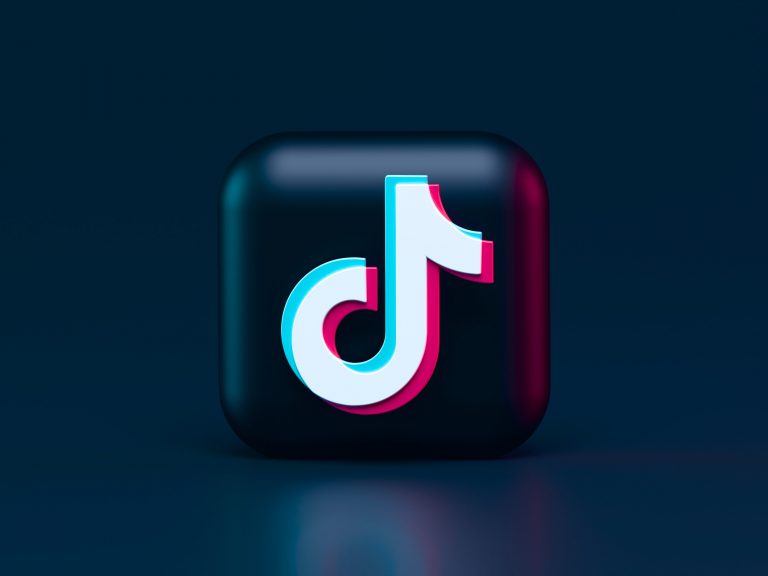ast month, Blake Chandlee, TikTok’s president of global business solutions, was asked if he was concerned about competition from existing social-media networks like Facebook. Chandlee, who spent more than twelve years at Mark Zuckerberg’s company before moving to TikTok, dismissed the idea. “Facebook is a social platform. They’ve built all their algorithms based on the social graph,” he said, referring to the network of links to friends, family, and casual acquaintances that Facebook users painstakingly assemble over time. “We are an entertainment platform. The difference is significant.” Chandlee appeared to be responding to recent moves made by Facebook. Last year, the company integrated a TikTok-style short-video format called Reels directly into its main app. Then, in an internal memo sent this spring, Tom Alison, a senior executive at the social-media giant, announced a plan to modify the platform’s news feed to focus more on these short videos, tweaking the algorithm to display the most engaging content, even if these selections are “unconnected” to accounts that a user has friended or followed. Facebook, it seems, is moving away from its traditional focus on text and images, spread among people who know one another, to instead adopt TikTok’s emphasis on pure distraction. This shift is not surprising given TikTok’s phenomenal popularity, but it’s also shortsighted: platforms like Facebook could be doomed if they fail to maintain the social graphs upon which they built their kingdoms.
To understand Facebook’s current danger, it helps to better understand its original success. In the spring of 2004, when my college friends signed up for TheFacebook.com, as it was then called, they did so because other people they knew were signing up as well. (One of the platform’s early killer features was the ability to check the “relationship status” of classmates.) By the end of 2006, the year in which Facebook opened to the general public, the service had already gathered twelve million active users. At that point, network-effect advantages made it hard for a competitor to emerge; two years later, when Facebook hit a hundred million active users, competition became all but impossible. Why would you join a new network dedicated to connection with people you know if everyone you knew was already on Facebook?
The next major evolution of this model of leveraging a social graph to create engagement was sparked by Twitter. Though it was launched in 2006, this short-messaging service didn’t achieve broader notice until 2009. This was the year in which Ashton Kutcher discussed Twitter on “The Oprah Winfrey Show.” It was also the year in which the news leaked that a U.S. State Department official e-mailed the company, urging it to delay planned server maintenance so as not to interfere with planned pro-democracy protests in Iran. For Twitter, however, arguably the most important event of 2009 was not these publicity bonanzas but the introduction of the retweet button. This tweak, originally intended to simplify the common practice of manually cutting and pasting the text of interesting tweets, ended up transforming Twitter. By eliminating the friction required to forward a message to all of your followers, the retweet button created a fierce viral dynamic in which a single tweet could be amplified to a large audience in a short period of time, its readership expanding exponentially through the power-law topology of the Twitter network. This turned out to be a phenomenally effective method for surfacing the most engaging content floating around the platform at any given moment. This potential for sudden mass exposure also began to draw more influential individuals to the platform, further increasing the value of its content.
As with Facebook, the larger that Twitter’s social graph grew, the more attractive the network became. Pretenders to the short-message throne, such as Parler or Gab, struggled to get traction, as their networks lacked sufficient size and numbers of influential users to compete in a battle for attention. By 2011, Twitter, following in Facebook’s footsteps, passed the milestone of a hundred million users. Facebook, of course, noticed this new competitor’s fast rise and began to make adjustments. Between 2009 and 2011, Facebook increasingly moved its news feed away from chronological sorting and toward an emphasis on popular posts. Then, in 2012, it added a retweet-style Share button on its mobile app, enabling the Twitter-style exponential spread of third-party content through the network.
Both Facebook and Twitter were built on the same general model of leveraging hard-to-replicate, large social graphs to generate a never-ending stream of engaging content, a strategy that proved to be robust in the face of new competition and incredibly lucrative. It’s why, last month, Meta, the parent company of Facebook, had a market cap of five hundred and sixty-two billion dollars, making it the world’s seventh most valuable corporation. It’s also why Twitter, a smaller and more specialized social-media network, was still worth forty-four billion dollars to Elon Musk (before he changed his mind). Pseudo-monopolies of this type, however, cannot last forever. The past decade has been good for these social-media giants, but the sudden ascent of TikTok might turn out to be the disruption that finally ends their reign.










